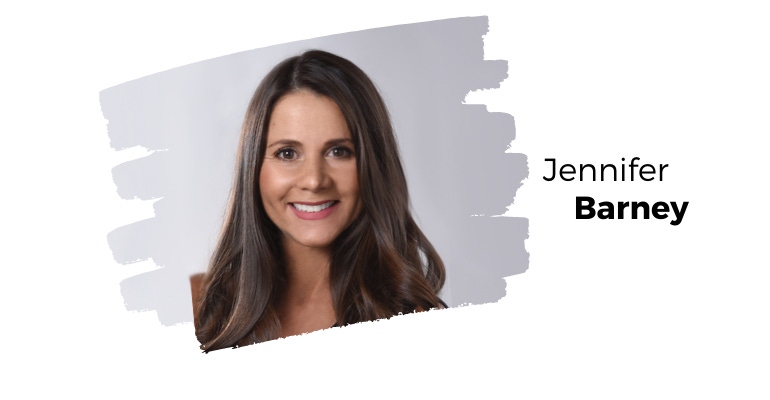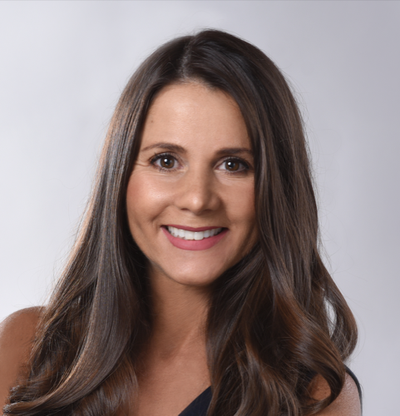How to set the right expectations for the sales role
Here’s how to look at hiring, managing and compensating your first salesperson.

I’ll argue the hardest job is the sales role. When things go wrong it’s their fault. As a startup you may have run through a few folks that didn’t work out, perhaps because your expectations weren’t met.
Lately an increasing number of startups are seeking help finding salespeople. Traditional sales ecosystems aren’t matching up to founder expectations, and founders want to avoid unhappy teams.
Startup founders are in the driver’s seat
At the most basic level, salespeople are rewarded for making sales. An experienced salesperson comes to a new company confident that they can leverage their existing relationships, hit the ground running and win new accounts quickly. What’s changed are stakeholder expectations. A savvy startup founder wants to be capital efficient and, for a time, keep things small. That means proving market demand in a controlled test in order to get that next round of funding or dip further into debt.
So the message is: sell a little bit, then stop selling.
Huh? Sales people are not wired that way.
How do you incent people to stop selling? By developing compensation around the goals you are seeking in the near term.
New sales KPIs
Saturate a small market area.
Get to X velocity in same-store sales.
Maintain Y gross margins.
Many sales candidates don't do No. 2 and No. 3 simultaneously. They argue for outsized spend (in the form of slotting and heavy discounting) in order to get the sales, insisting all the while that you can back off later. This was the old way—buying revenues—and it’s not in the playbook anymore.
When you limit these traditional sales levers, you’re asking sales to put much more faith in what they can’t control: the brand. A good sales candidate will want to know your brand story, so you better have good answers to:
What is the brand doing to support sales?
How are your e-commerce sales; how are the reviews?
What’s your social media engagement like?
How tied are you to the community; have you found your tribe and how connected are they to your brand?
If you’re not doing your part on the brand side, good candidates won’t be attracted to the job, the KPIs won’t come in and sales will get the blame. But if you have a story to tell, sales will have a shot at being successful.
Don’t miss the most important interview question
Once you’ve found a good sales candidate, did you ask the most important question?
I can’t tell you how many startups bring on sales people without knowledge of their sales analytics and reporting abilities. How will you know if you’re meeting the KPIs you set out? You can’t measure what you don’t track.
Sales analytics
Sales analytics is not the job of finance or accounting. Accounting does not know what deals were made. So in addition to being personable, energetic and good out in the field, the salesperson also has to be good with Excel. Pulling reports from distributor and retailer portals, reconciling deductions and creating dashboards that distill what is happening into meaningful metrics is critical—and must be kept up with on a regular basis.
Remember, sales owns the P&L per account, which means they’re responsible for telling you if you’re making money and how they are tracking against the set KPIs. So before you write up that offer letter, ask the question, “What analytics will you provide?” and ask them to show you example reports they plan to deliver.
Tell me more—what else should I ask?
You should also ask, “How often do you plan to be out in the field?”
Sales execution
Everyone says they’re a roll-up-the-sleeves kind of person, but what does that really mean? It means being highly involved in in-store execution. Actually. Visiting. Stores. Remember it’s not the job of the retailer to sell your products. And although distributors and retailers should maintain schematic integrity, it doesn’t always happen—and if you’re a new brand and no one is coming around to check, you may have lost facings, tags or not even be on the shelf at all.
Sales is the hardest role because selling is a minor part of the role. Sales execution and analytics demand more time and attention than selling. It can make or break your business. With that in mind, how should you think about compensation?
Equity: Give it up (or outsource)
If you’re considering offering equity to your founding team, should that include the salesperson? Of course! But, how much?
Equity compensation: As part of the founding team, you’ll want your salesperson to participate in the long-term success of your brand. Even if you do all the things to ensure you’ve hired the right person, you’ll never really know until you start working together. Vested equity with a cliff is an appropriate way to offer this incentive while protecting your interests. A vesting schedule can be a four-year benchmark with a one-year cliff: no ownership until they’ve worked for one-year, then 25% for each year thereafter until fully vested.
How much total equity to give away to team members can vary, but many startups are advised to set aside about 10%. Your first layer of executive-level roles may get half of that, so consider 1–2% for 3–5 executives. Of course, talk to your advisors and legal counsel before making any commitments.
No thanks, I’ll outsource.
Outsourced sales consultants: If you decide not to bring on a full-time salesperson just yet, you can outsource the sales functions. Not a broker but a sales consultant that works as your inside rep that will do the job of selling, executing and analytics. If this is the way you plan to go, interview them in the same way you’d interview an employee, and plan to manage them accordingly.
Jennifer Barney is an advisor and consultant to food and ag businesses at 3rd & Broadway. She previously founded the almond butter brand Barney Butter.
About the Author(s)
You May Also Like




